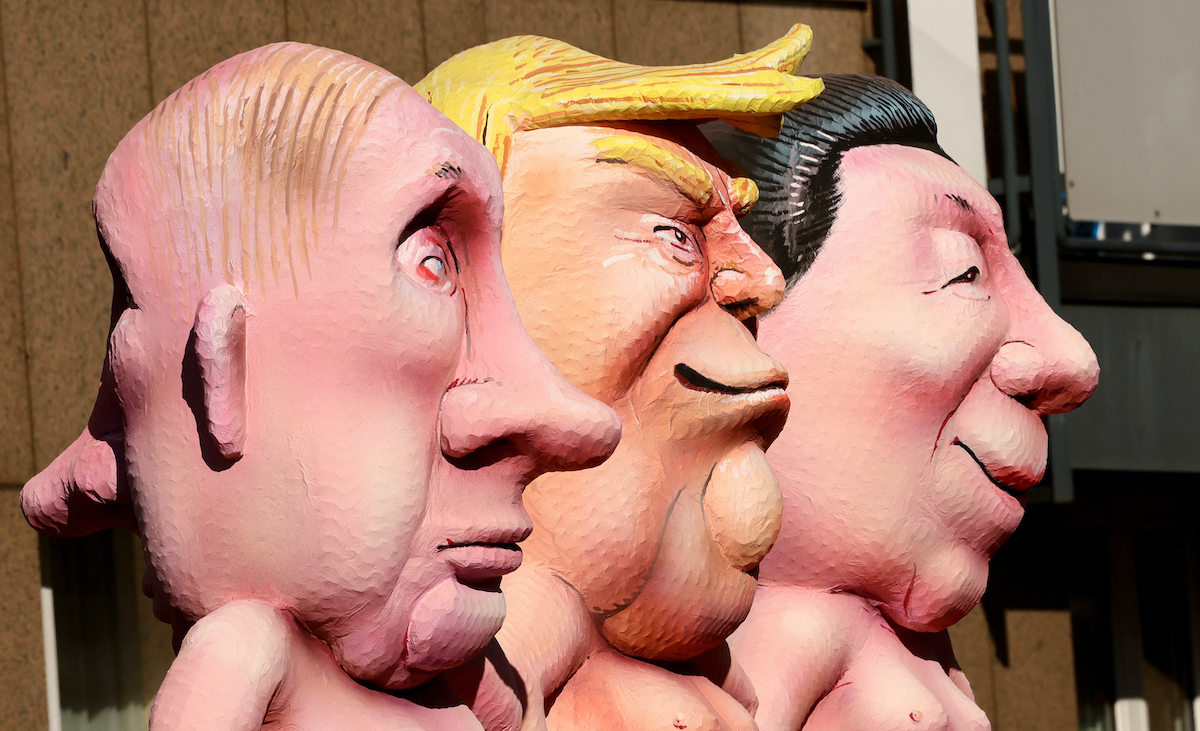Chinese President Xi Jinpingarrived in Moscow on Wednesday for a four-day trip in which he’ll attend the Kremlin’s World War Two victory celebrations and aim to bolster his “no limits friendship” with Russian President Vladimir Putin.
Russia-China ties have deepened significantly in recent years, as both leaders prefer a multipolar world to a US-dominated one, and they share an affection for authoritarian politics. They also enjoy a natural symbiosis: Russia sells natural resources, while China buys them. And since Russia’s invasion of Ukraine, Beijing has helped Putin to survive Western sanctions, supplying Moscow with banned technology and arms while buying Russian oil.
But the return of US President Donald Trump – who has upended global trade and sympathized with Russia’s views on Ukraine – makes things interesting.
Beijing, which has clashed with the European Union over trade and technology in recent years, is now keen to exploit European misgivings about Trump to repair its own ties with Brussels. But standing next to Putin, whom most European leaders see as an arch villain for his invasion of Ukraine, will make that harder.
Meanwhile, Putin has a balancing act of his own to consider. Trump offers the prospect of a major improvement in US-Russia relations, which could help Moscow financially. But the White House is also trying to isolate China economically, something Putin couldn’t possibly go along with right now. Is there a way to square that circle? Would he even want to try?
